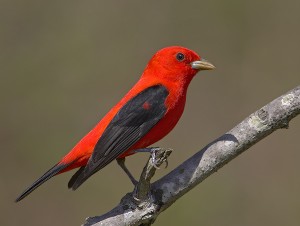I love string quartets. Composers seem to put their hearts and minds into them in a way that they don’t reliably do for other forms. Since they have little commercial value, they are usually composed with nobody looking over the composer’s shoulder, and no box-office considerations. The stark simplicity of the combination of two violins, viola, and cello, which nevertheless allows for a full tonal range and the interplay of individual and combined voices, attracts the composer who wants to put across serious thoughts.
Antonín Dvořak wrote fourteen string quartets, but the twelfth, nicknamed “American”, is by far the most popular and moving. It has a sweetness of melody and an inventiveness, from moment to moment, that links it with his wonderful “New World” symphony. It was, in fact, written at the same time, while Dvořak was visiting a small town in Iowa (settled by Bohemian and Moravian immigrants). It’s easy to find the influence of African-American spirituals in it, while its Czech elements are just as solid. The first violin motif in the third movement echoes the song of the scarlet tanager, a bird he heard often in Iowa. Like the popular ninth symphony, it’s a profoundly humanistic and optimistic work. This was the happiest time in Dvořak’s life, and he was by nature a gentle and compassionate man. Those elements infuse the work, which was written, as I understand, mostly outdoors, on the banks of a stream near an Iowa farm. This spot must have been, for him, simultaneously the pioneer-broken prairies of a “new world”, and the left bank of the Vltava at Nelahozeves. Comforting tradition and wild freedom, age and youth, wisdom and innocence all combined, without conflict, without contradiction. When I feel that things are basically all right in the universe, that the forces of darkness must in the long run be overtaken by the light, then this is the music for me.

0 Comments.